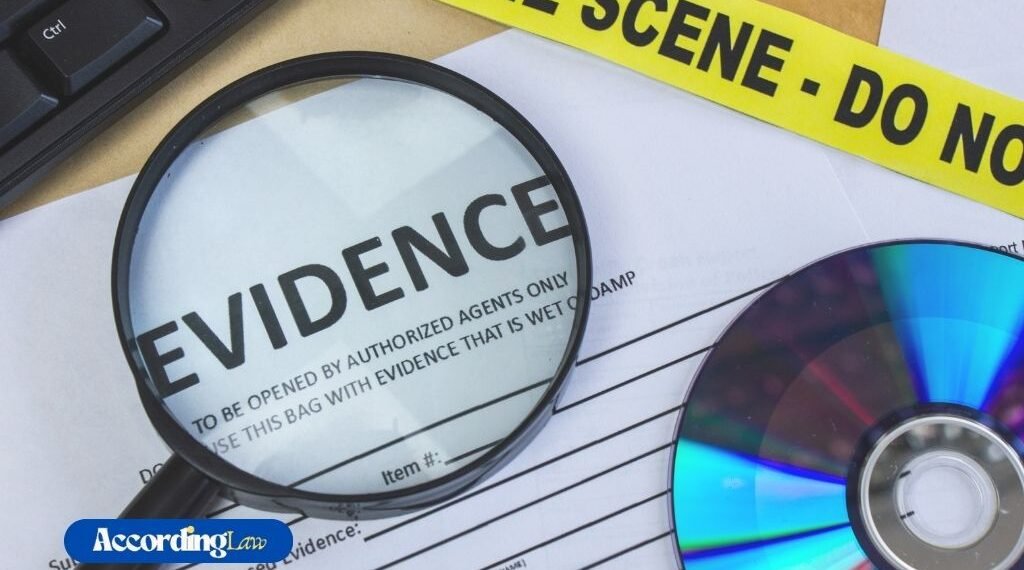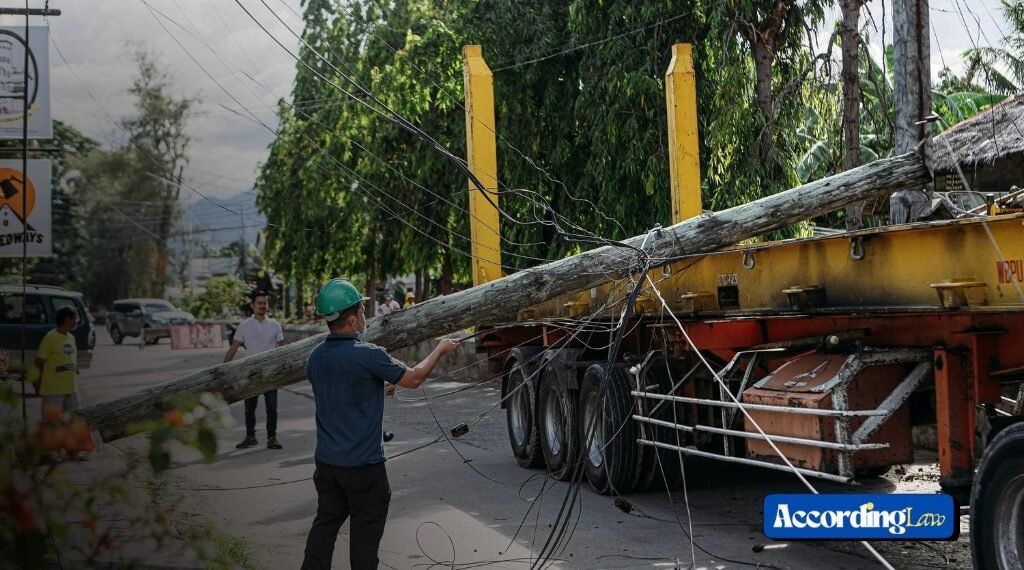Car accidents, slip and falls, animal attacks, medical malpractice, defective products, these are all unfortunate situations with one thing in common: someone acted negligently and caused the accident. There’s you, the victim. You’re likely dealing with the pain, medical bills, and overall disruption of the injury, all because of someone else’s actions. It’s fair to feel like you were wronged.
You can sue for damages. However, winning your case isn’t as simple as telling your story. You have to pull your weight and substantiate your claim. This is called the preponderance of evidence, which means you have to prove it’s more likely than not that someone else’s actions caused your injury. In this blog, you’ll learn why gathering evidence is key to holding someone accountable for their negligence.
Table of Contents
How to Gather Evidence for Your Case
“In civil cases like personal injury the ball is in the victim’s court. Yours is to prove, and the liable party is to defend. So if someone loses control of their car and hits you from behind, it’s your job to prove the accident happened,” says personal injury attorney William Umansky of The Umansky Law Firm Criminal Defense & Injury Attorneys.
Take Pictures and Videos
You have to play your cards right. Once the dust settles, it’s time to act, pull out your phone and take some pictures and videos of the scene. Don’t miss anything, no matter how minor it may seem. Your lawyer will use this evidence to prove your case. They may even bring in accident reconstruction experts to dissect the events that led to the accident using the pictures and videos you took.
Talk to Witnesses
Did anyone see what happened? If there were other people around when the accident occurred, talk to them. Just keep a level head, approach them and ask, “Hi, I noticed you were nearby when the accident happened. Would it be okay if I got your contact information so my lawyer can follow up with you later?”
If it’s a car accident, you also need to talk to the other driver, but before you do, understand that emotions will be high at the moment. So even if you’re upset, be polite. Don’t raise your voice or blame them; that’s not your job, at least not now. Just get their contact and insurance information and wait for your lawyer to do the rest.
Get Your Medical Records in Order
We don’t need to tell you that getting fixed up after an accident is important. But the clock is ticking. You need to see a doctor immediately after the incident, even if you don’t have visible injuries. There are two reasons for this. One, your doctor will check for internal injuries that may not be apparent right away. Two, medical treatment creates a paper trail of evidence that you can use to prove your case. So, in black and white, get all your medical records before and after the incident. Keep the paperwork organized so you can find what’s needed when you need it.
Wrapping Up
We hope this helps you understand how to gather evidence for your personal injury case. But even with all the evidence in the world, you still need to lawyer up. A good lawyer will gather evidence and fight for your case, so there’s no room to dispute your claims. Depending on your case, they’ll tell you when to settle or go to court.


